What to Do When Everyone Dies
Written by |
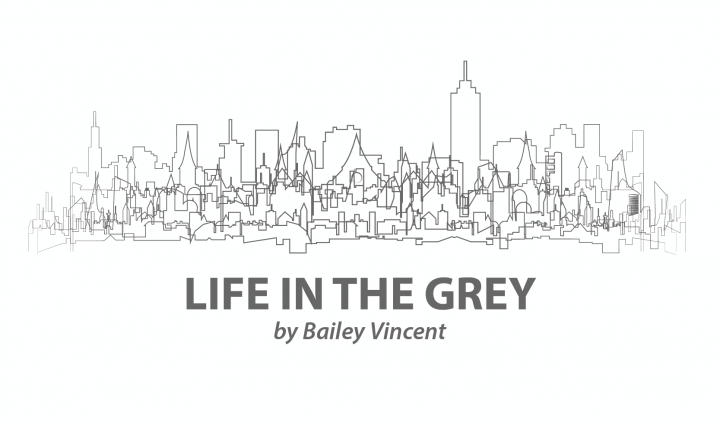
Two of my friends are dead. And I’m scared.
Recently, I lost two friends on the same day. One was in love with a dear friend of mine — he has a milder form of cystic fibrosis, and they successfully loved and lived for years. The other I texted nearly every day. She was a better friend to me than I was to her.
Now they’re gone.
I’ve been having an exacerbation of sorts, and the timing has sent me into a secret, selfish tailspin. After culturing strep yet again — my body loves some streptococcus — and failing various antibiotics, I am now a month into a lung decline that has brought up a lot of old feelings.
I remember things I’d foolishly forgotten. How hard it is to eat and breathe at the same time. How hard it is to sleep when you feel like you’re pulling through a straw but can never get enough air. How annoying it is to wake up in the middle of the night from pain — and pain alone.
Pain is always alone. Pain is lonely.
This is why I say that I wasn’t the friend my friend deserved me to be. Because I’m not writing about her right now, I’m writing about me. And how her death scared me into remembering old worries.
I have lost friends who weren’t ready to die, and I’ve lost friends who were. In my experience, those who were, did. And sometimes, rarely, those who weren’t ready, surprisingly, didn’t. This is part wishful thinking and part naivete, of course, but I do believe our mindset has a bigger impact on our lifeline than we realize.
Not always … but sometimes.
In my 20s, I was pretty sure I was dying. I didn’t say this or write it, but that’s what it felt like. I didn’t know enough people with a disease like mine, and every new intervention felt like “The End.”
I married my husband in 2013, knowing that I’d need a feeding tube for months thereafter. To me, this meant I was dying. So did a port-a-cath.
But that’s the thing about transmembrane-related muckery: We live somewhere “Between.” Between “Now” and “The End.” It’s like a constant state of dying, where we hope to not actually die. And then our friends do, and we are reminded that sometimes that’s exactly what it means.
Not always … but sometimes.
But to be clear: I am not dying. Not even close. And these robot parts, surgeries, and treatments don’t mean I am either. Instead, they have become my active state of living.
It’s hard to love someone who is unsure of what the future holds. I know my family and friends didn’t always like me when I was terrified of The End, nor did they always handle the uncertainty well. They didn’t always handle me well, and I didn’t handle me well.
But I didn’t know then what I know now. “What we don’t know won’t kill us” — until it does. Yet here I am, two weeks out from my professional dance company’s autumnal performance, ironically titled “Between,” stuck between the me I used to be and the me I still hope to become.
I am reminded of what decline feels like. I am frustrated and tired. But I’m still “me.” And she, like it or not, is often a jerk.
“That’s my ‘Dead Friend’ gift card,” I said to my husband, while stressing over what to get with a surprise gift from my friend who has passed away.
My husband winced. “Don’t call it that. Why would you say that?” he said.
“It’s the last thing she’s ever going to get me!” I said, “What if I get the wrong thing? What if it isn’t what she’d want as the last thing she ever gave someone?”
Posthumous gifting isn’t something most of us know about.
No one teaches us this stuff. No one tells us a feeding tube or port-a-cath, however scary, doesn’t have to mean The End. Instead, it could mean the beginning of living in a new way — of straddling the between and moving onward.
I know a lot more than I used to, at least. I know that humor through grief never stops alarming those around you. And I know that just because we feel like we are losing control, it doesn’t mean we are.
We are allowed to be scared, to decline. And, if we choose to, we are allowed to fight back for however long we please.
Not always … but this time.
***
Note: Cystic Fibrosis News Today is strictly a news and information website about the disease. It does not provide medical advice, diagnosis, or treatment. This content is not intended to be a substitute for professional medical advice, diagnosis, or treatment. Always seek the advice of your physician or other qualified health provider with any questions you may have regarding a medical condition. Never disregard professional medical advice or delay in seeking it because of something you have read on this website. The opinions expressed in this column are not those of Cystic Fibrosis News Today, or its parent company, Bionews Services, and are intended to spark discussion about issues pertaining to cystic fibrosis.



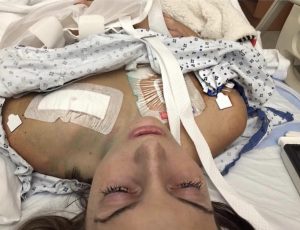
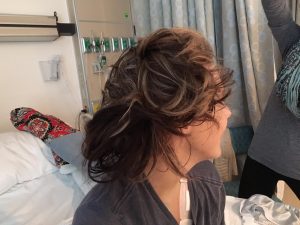
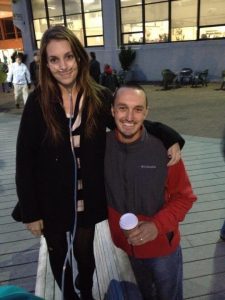
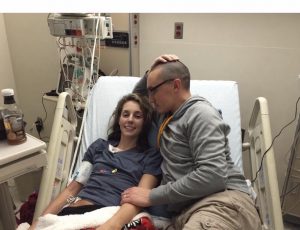




Leave a comment
Fill in the required fields to post. Your email address will not be published.